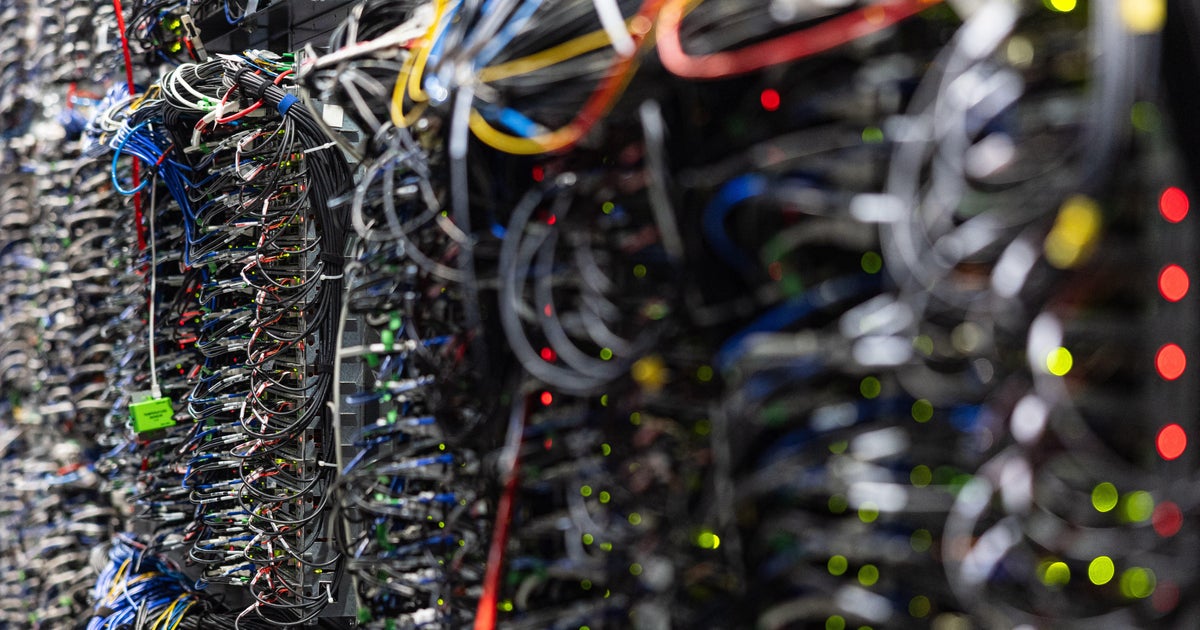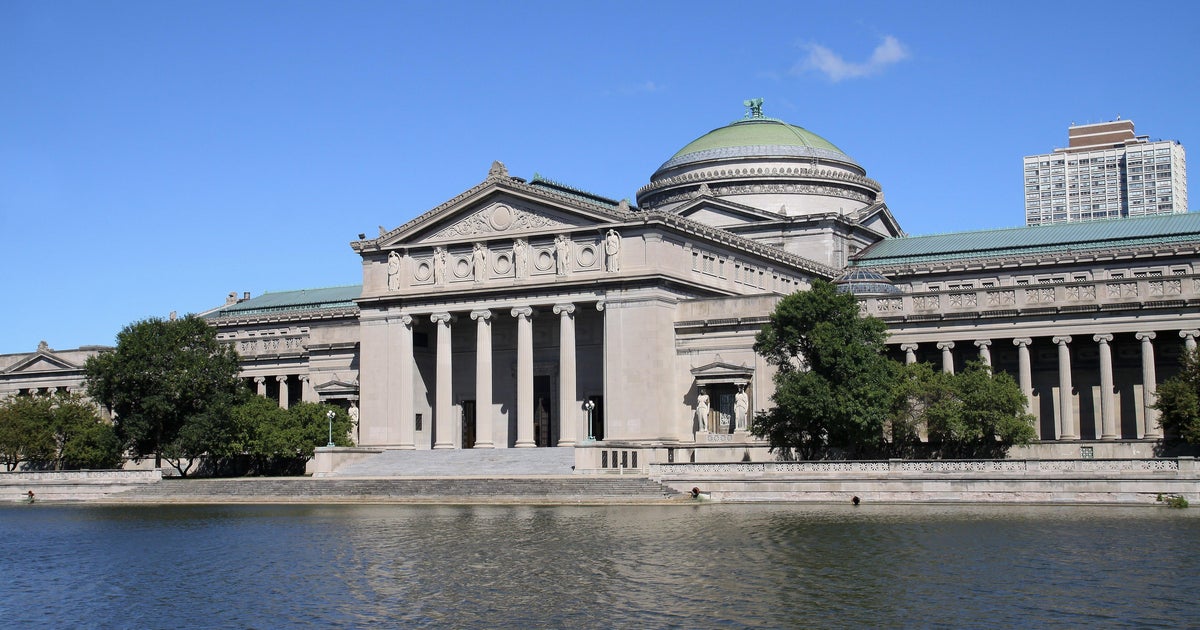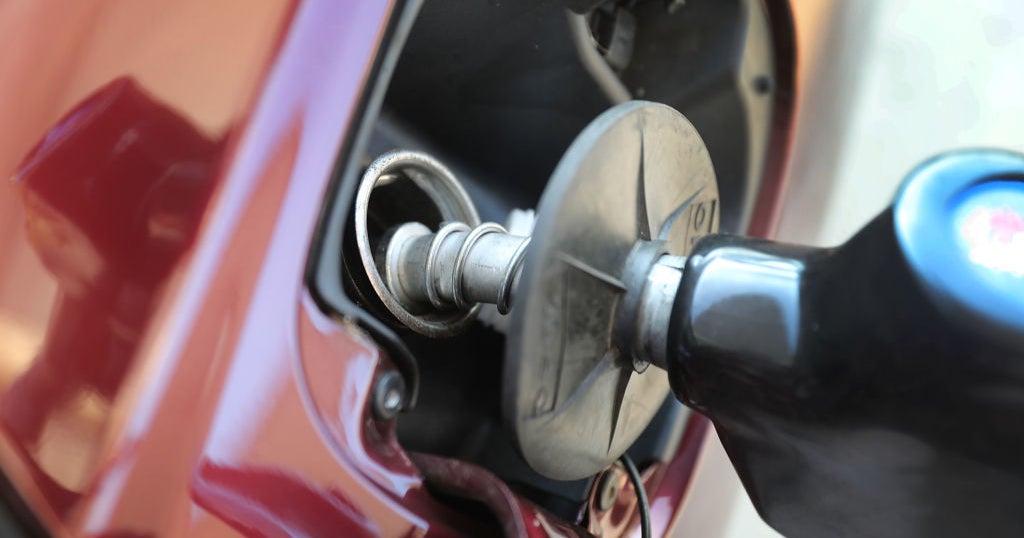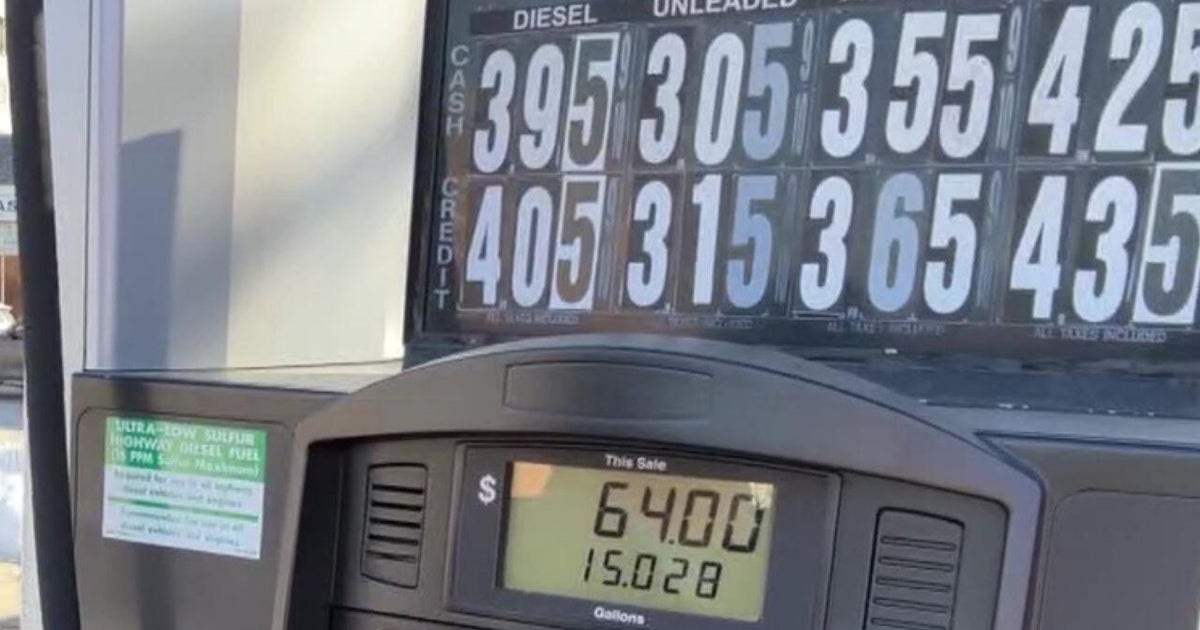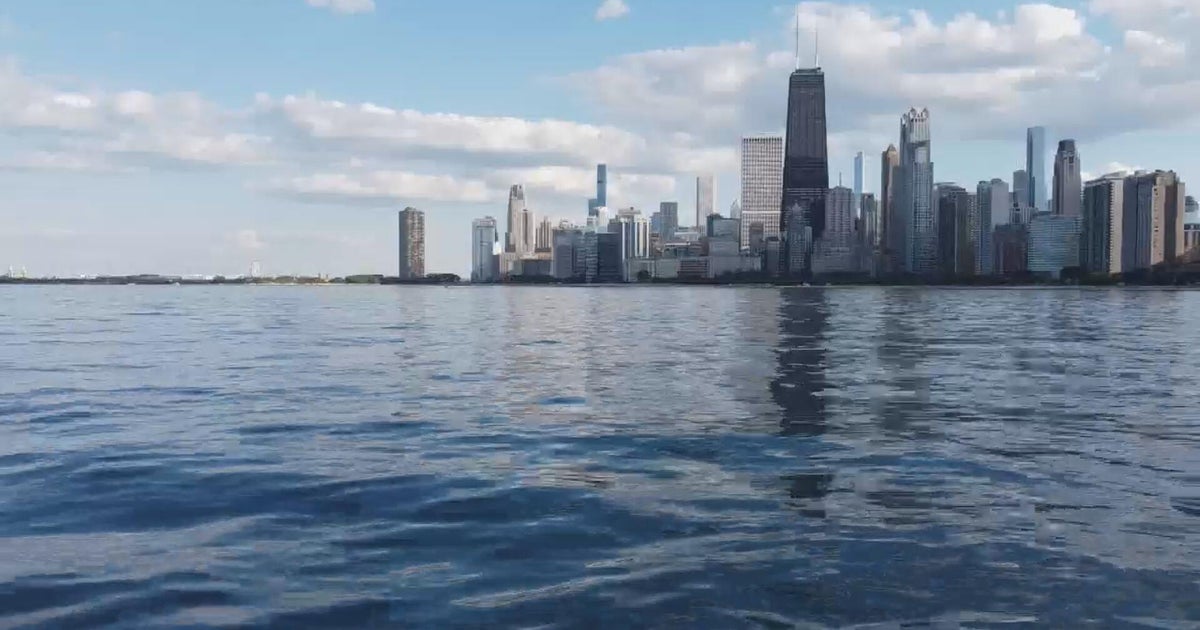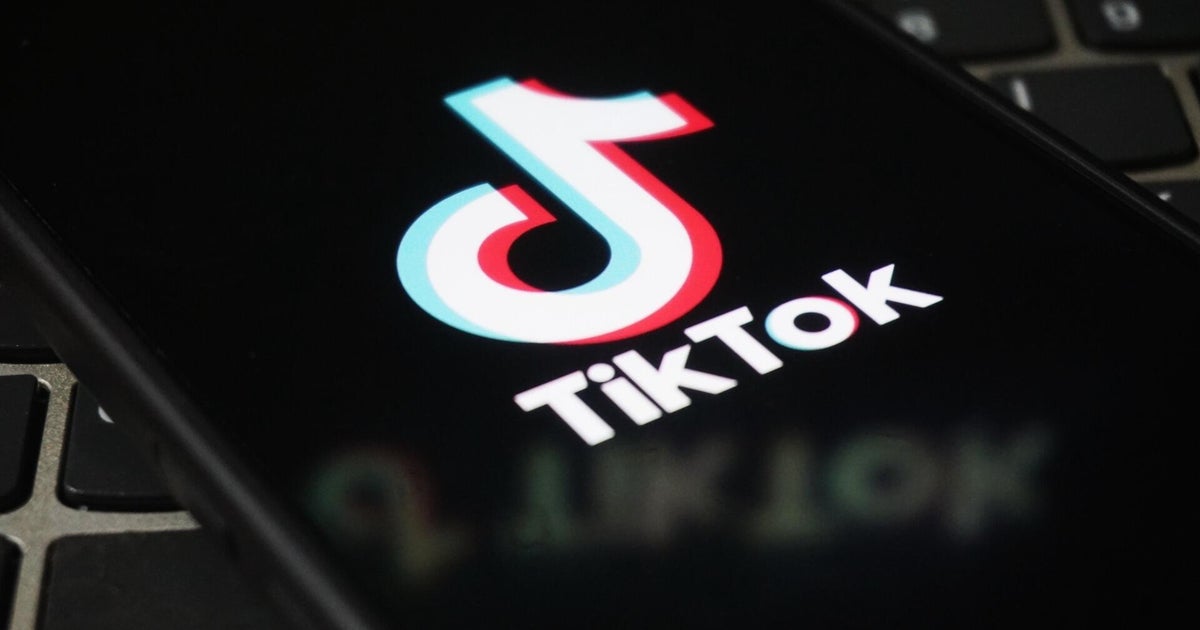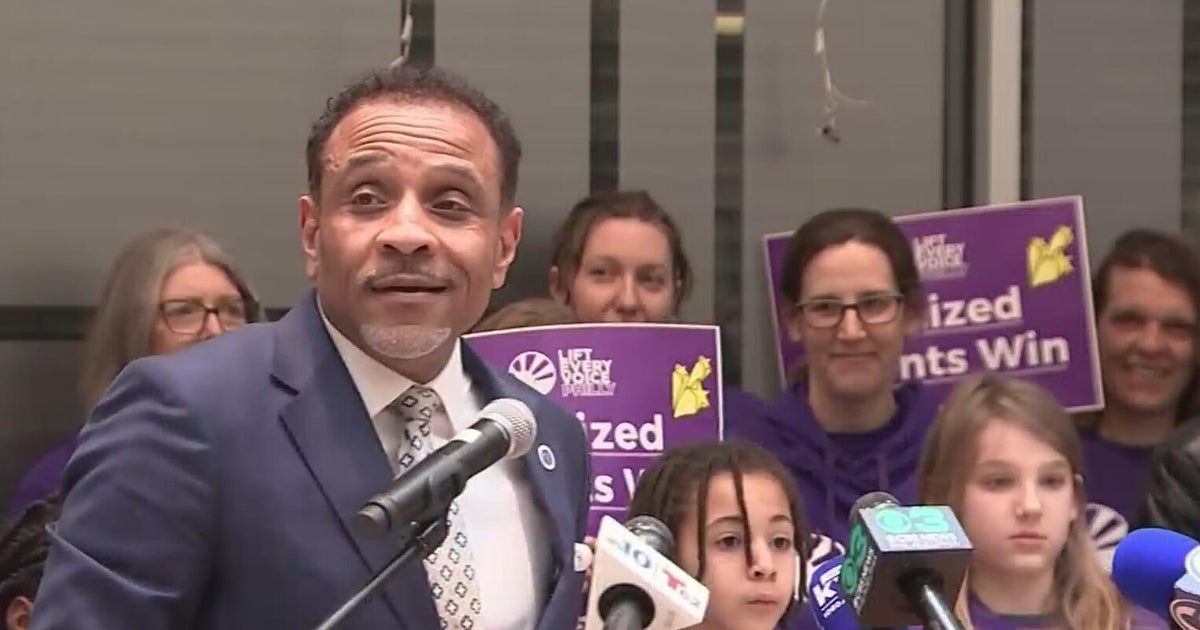Environmentalists Urge O'Malley To Veto Waste-To-Energy Bill
ANNAPOLIS, Md. (AP) -- A growing coalition of environmental groups is urging Gov. Martin O'Malley to veto legislation that would enhance incentives for waste-to-energy plants, saying it would weaken the state's commitment to other forms of renewable energy, such as wind and solar power.
The measure approved by the General Assembly would shift energy generated by burning waste into a top-tier category for renewable energy, making such facilities eligible for higher-value credits. Critics say that would degrade the standard designed for cleaner forms of energy.
"Maryland's renewable energy standard is already far too weak, despite your leadership to increase the standard in recent years to 20 percent renewable energy by 2022," according to the letter, dated Tuesday and signed by more than 35 organizations including the Chesapeake Bay Foundation and the Maryland chapter of the Sierra Club. "Our definition of what qualifies as renewable energy is loose in comparison with other states."
Rick Abbruzzese, an O'Malley spokesman, said the governor is still considering the bill.
On the last day of the legislative session last month, O'Malley told reporters that he supported the concept of generating more energy from waste.
"I am in favor of sort of next-generation, waste-to-energy that is a part of the solution to our challenges," he said at the time, while pointing out that he had not seen the final version of the bill.
O'Malley, a Democrat, noted then that he had visited Sweden in 2009 and that "every municipality has a waste-to-energy plant" in that country.
Such facilities increasingly emerged as an alternative in the U.S. to landfills decades ago.
"I think that we have to get to a point in our country where we move away from landfills, which are very damaging in terms of greenhouse gas emissions over their life and get to a point where we are moving toward more of a zero-waste way of behavior," O'Malley said hours before the legislative session adjourned. "And part of that zero waste will, by necessity, involve converting our waste to energy, albeit with a very robust recycling component on the front end."
The waste-to-energy bill popped up for debate late in the session. The House of Delegates approved it 74-60. The vote was closer in the Senate, where it passed 24-20.
Opponents of the bill who signed the letter note that the state's renewable portfolio standard requires that 5 percent of the state's electricity come from renewable energy in 2011.
Existing incinerators have the capacity to generate about 2 percent of the state's electricity, which is about 40 percent of the 2011 Renewable Portfolio Standards requirement, they say. Large incinerators proposed in Maryland could add another 1 percent, and opponents of the bill say the legislation could result in 3 percent of the state's electricity, or about 60 percent of the 2011 RPS quota, coming from incinerators.
"This would set us back two years in our ongoing effort to develop renewable energy," the letter stated.
Alana Wase, conservation coordinator for the Sierra Club's Maryland chapter, said opponents hope the governor will reconsider the bill.
"We know that this is a long shot, but we're hopeful that the administration is reconsidering, and we know it's the right thing to do to keep the bar high for our renewable portfolio standard and not lower it," Wase said.
(Copyright 2011 by The Associated Press. All Rights Reserved.)

